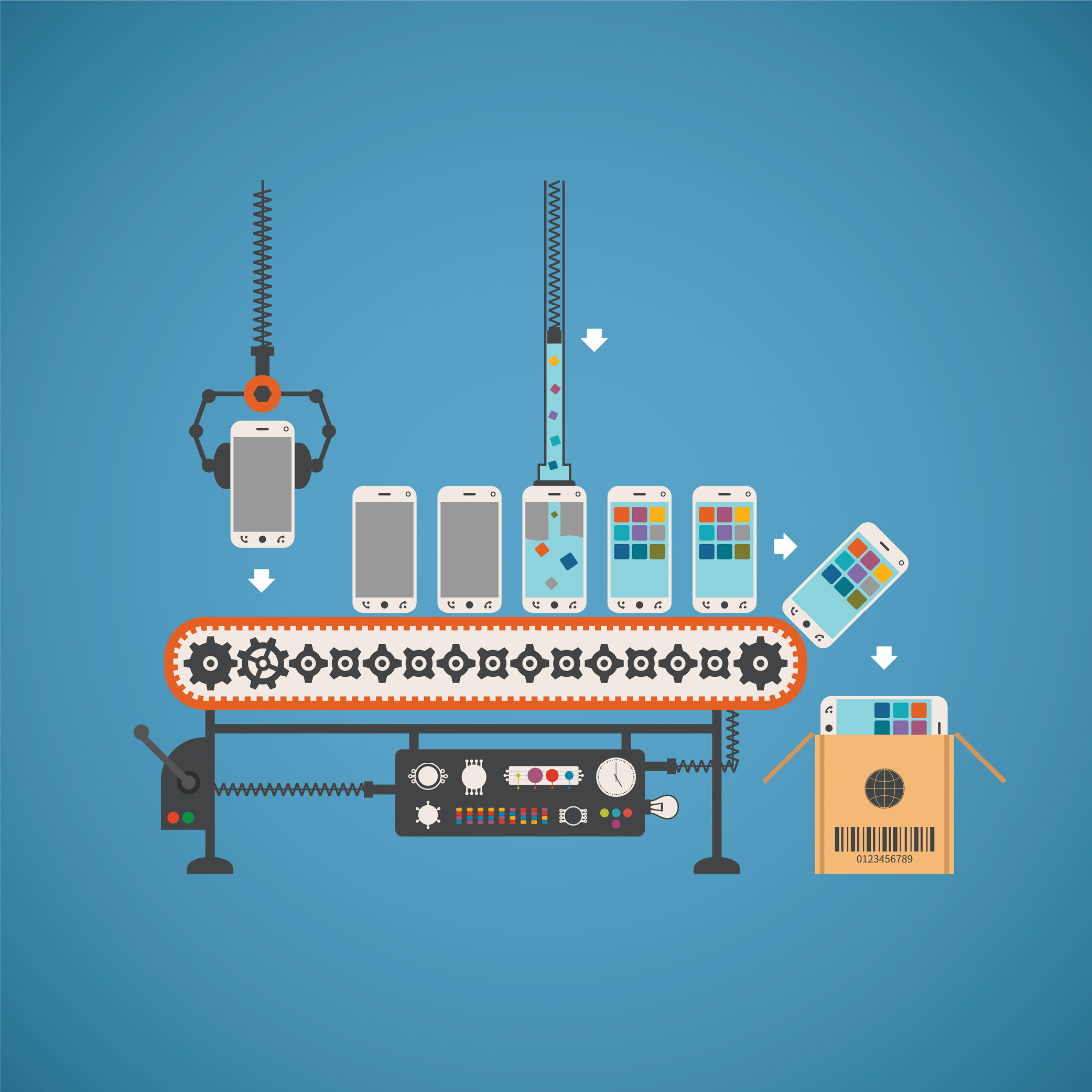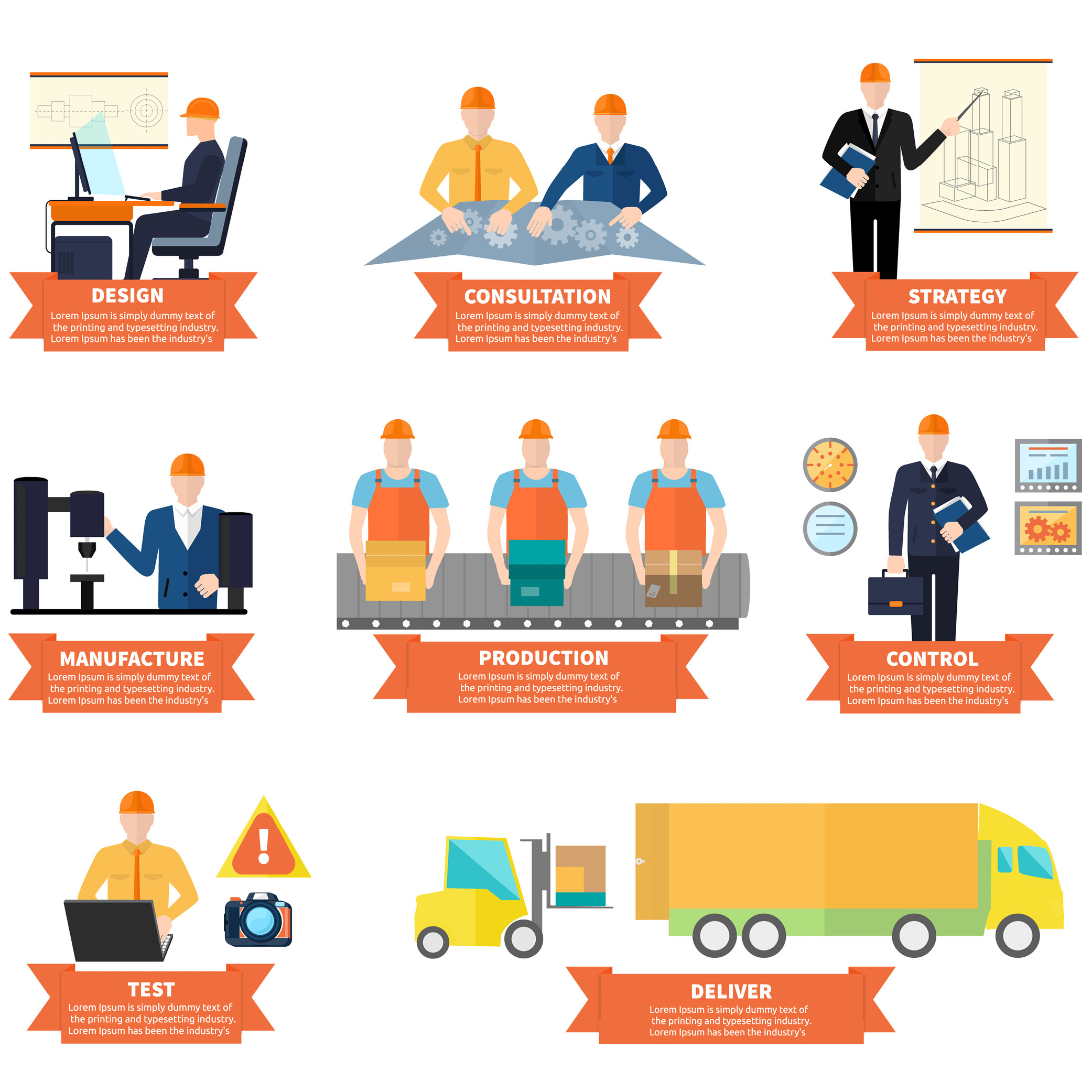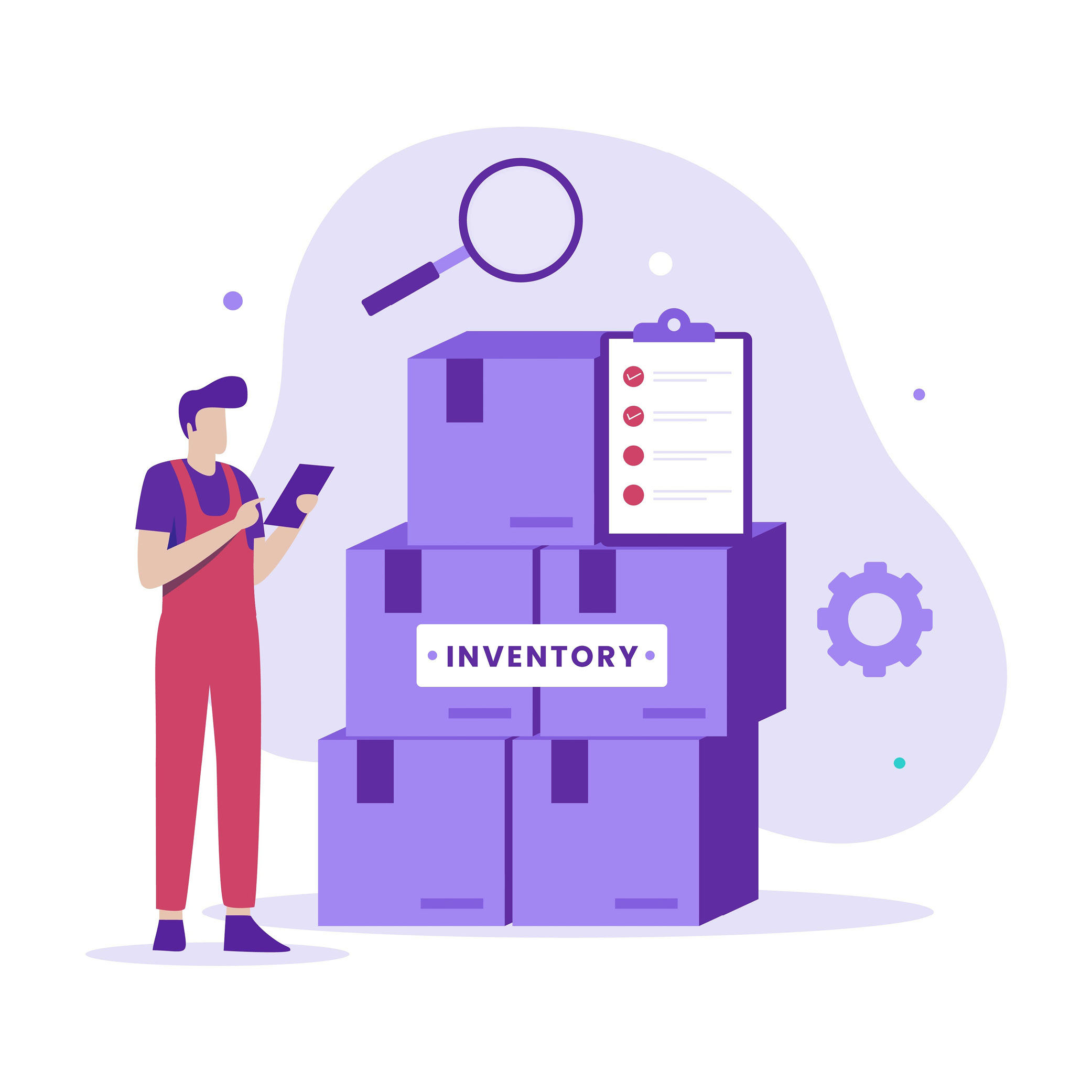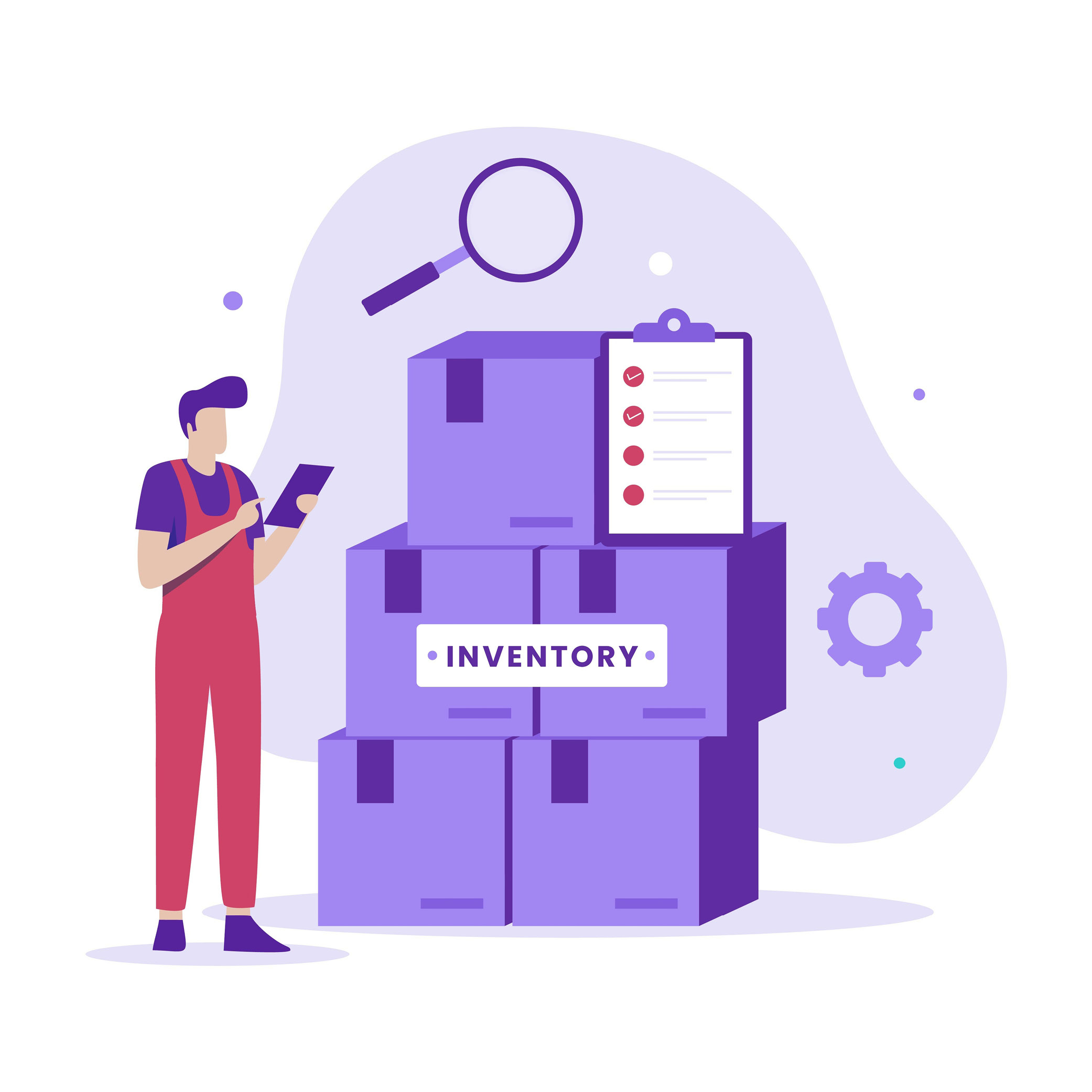Your Passport for a Career in Supply Chain

Right from Supply Chain Consultants

Certified Beginner in Supply Chain

About CBSC
CBSC, a 10-Module program for college freshers to make a sound career in supply chain.
Module-1: Introduction to SCM
Module-2: All About Inventory
Module-3: Production Planning System
Module-4: Strategic Business Planning
Module-5: Sales & Operations Planning
Module-6: Master Scheduling
Module-7: Material Requirements Planning
Module-8: Demand Management
Module-9: Capacity Management
Module-10: Forecasting


CBSC, a 10-weeks supply chain program that can help you to make a good start in two ways. (1) For supply chain positions, your resume communicates you have gone through an intensive program. (2) You can confidently present your solutions in supply chain interviews. View More
Session Snapshots
Find yourself that the course is designed with beginners in mind.
CBSC Highlights

Program covers the requirements to start a supply chain career.

Developed by a team of consultants with over 30 years of experience.

With CBSC credential you can easily get an internship in leading organisations

Designed in alignment with global supply chain best practices.
Modules
Training Hours
Body of Knowledge Topics
CBSC's 10 Modules
We Always try to implement our creative ideas at the highest level.
Frequently Asked Questions
We’d like to answer all your queries related to CBSC certification.
Q1. May I learn about Fhyzics?
Fhyzics Business Consultants Pvt. Ltd. is a leader in consulting and certifications in the domains of supply chain management, procurement, business analysis and new product development.
Q2. Who are all the international partners of Fhyzics?
Fhyzics partnered with the following international organisations in the areas of supply chain management, procurement, business analysis and new product development. Association for Supply Chain Management (ASCM), USA; Chartered Institute of Procurement and Supply (CIPS), UK;International Institute of Business Analysis (IIBA), Canada; Product Development and Management Association (PDMA), USA
Q3. List of companies where Fhyzics trained professionals are working.
Fhyzics trained professionals are working in the following organisations:
Abhimanya Interio Pvt. Ltd.; Accenture; Aditya Birla Group; Adobe Systems India Private Limited; Age Care India; Al Hugayet General Contracting
Company; Amazon Seller Service Private Limited; APC Warehouses
Apotex Research Private Limited; Armored Vehicles and Heavy Equipment Factory; Aujan Coca Cola Beverages; Baobab Energy Botswana (KFCFranchisee); BASE Automation Technologies Private Limited; Bharat Electronics Limited; Bottlers Nepal Limited; Brahmaputra Cracker and Polymer Limited; Carborundum Universal Limited; Caterpillar Inc. Chemfine; Cimpress India Private Limited; Cognizant, Collins Aerospace; Daimler India Commercial; Vehicles, DB Corp Ltd.; Dell; Dunnhumby India; DuPont; Eaton Corporation; Edelweiss Group; ELGI Rubber Co. Ltd.; EMCOR Facilities Services Qatar WLL; Encore Software Services, Inc.; Ensure Support Services India Limited; Flex, Flextronics Technologies (India) Private Limited; Flipkart; FLSmidth Private Limited; Ford Motor Company; Fortinet Galfar Engineering and Contracting SAOG; Ge India Industrial Private Limited; General Electric Glowtech Trading and Contracting; Groupon; HCL Technologies; Hitachi Solutions India Pvt. Ltd.; Indian Air Force; Indian Immunologicals Limited; Infinity Engineering Solutions; Inspirage LLC; Inteledge Tech Pvt. Ltd.; International Crops Research; Institute for the Semi-Arid Tropics
Jindal Shadeed Iron and Steel
Kinaxis; Konecranes; Larsen & Toubro; Lenovo; Lodige Industries GmbH; Logistics Sector Skill, Council, Luminous Power Technologies; Luxor Writing Instruments (P) Ltd; Mahindra Logistics; Mercedes-Benz Financial Services; Mermaid For Fish Trading co.; Metropolis Healthcare Ltd.; Neopharma LLC; New Zealand Steel Limited; Nokia Solutions and Networks; Parker Hannifin; PNB Met Life India Insurance Co. Ltd.; Proserv; Rane Group; Ramesh Flowers India (P) Ltd.; Redington (India) Limited; Robert Bosch; Engineering and Business Solutions Private Limited; Roca Bathroom Products Pvt. Ltd.; Rosenberger India; Royal Enfield
RPG Life Sciences; RR Donnelley
Saipem; SAJA Pharmaceutical Co. Ltd.; Sanofi, Saudi Arabian Saipem Ltd.; Schneider Electric India Private Limited; Shuttl, Signify
Smartlinks Technology India Pvt. Ltd.; SSN College; Target Corporation; TE Connectivity; The Coca-Cola Company; TVS and Sons Private limited; TVS Electronics; Vardhman Threads; Valeo Friction Materials India Pvt. Ltd.; Vestas; Wind Technology India Private Limited; Viatris; Wipro Arabia Limited; WNS Denali; Xellia Pharmaceuticals India Pvt. Ltd.; Zalco Metals DMCC
Q11. CBSC stands for
Certified Beginner in Supply Chain
Q12. Who are all the audience for CBSC?
Freshers from Graduate / Diploma programs who would like to make a career in supply chain.
Q13. How CBSC helps me in making a career in supply chain?
Companies looking to fill entry level supply chain positions expect the candidates to possess a good understanding of the supply chain. This program far exceed that expectation. The CBSC certified candidates can easily sail through any tough supply chain interviews for entry level positions.
Q14. What is the cost of CBSC program?
INR 4,999 + 18% GST
Q15. How to get the estimate for CBSC program?
Click here to complete the form and download the CBSC estimate.
Q21. How many modules are there in CBSC?
There are 10 Modules in CBSC program.
Q22. Do I get a reference textbook for CBSC?
You will get access to our Learning Management System (LMS).
Q23. Detailed syllabus for Module-1: Introduction to Supply Chain Management
Define supply chain; Four flows in supply chain; Supply chain management; Inventory; Operating environment; Order qualifiers and order winners; Manufacturing strategy; The supply chain concept; What is materials management? Manufacturing planning and control; Physical supply/distribution.
Q24. Detailed syllabus for Module-2: All About Inventory
Manufacturing planning and control system; The strategic plan; The strategic business plan; The production plan; The master production schedule; The material requirements plan; purchasing and production activity control; Capacity management; Sales and operations planning; Manufacturing resource planning; Enterprise resource planning; Making the production plan; Establishing production groups; Basic strategies; Developing a make-to-stock production plan; Developing a make-to-order production plan; Resource planning.
Q25. Detailed syllabus for Module-3: Production Planning System
Relationship to production plan; Developing a master production schedule; Preliminary master production schedule; Rough-cut capacity planning; Resolution of differences; Master schedule decisions; Planning horizon; Production planning, master scheduling, and sales; The MPS and delivery promises; Projected available balance; Time fences; Error management.
Q26. Detailed syllabus for Module-4: Strategic Business Planning
Nature of demand; Objectives of MRP; Linkages to other manufacturing planning and control functions; MRP software; Inputs to material requirements planning system; Bills of material; Bills of material structure; Where-used and pegging reports; Uses of bills of material; Material requirements planning process; Exploding and offsetting; Gross and net requirements; Releasing orders; Basic MRP record; Capacity requirements planning; Low level coding and netting; Multiple bills of material; Using the material requirements plan; Managing the material requirements plan.
Q27. Detailed syllabus for Module-5: Sales & Operations Planning
Definition of capacity; Capacity planning; Planning levels; Capacity requirements planning; Capacity available; Measuring capacity; Levels of capacity; Determining capacity available; Demonstrated capacity; Capacity required; Scheduling orders; Making the plan.
Q28. Detailed syllabus for Module-6: Master Scheduling
Planning; Implementation; Control; Manufacturing systems; Data requirements; Planning information; Control information; Order preparation; Scheduling; Manufacturing lead time; Scheduling techniques; Operation overlapping; Operation splitting; load levelling; Scheduling bottlenecks; Theory of constraints and drum-buffer-rope; Implementation; Control; Production reporting; Product tracking; Measurement systems.
Q29. Detailed syllabus for Module-7: Material Requirements Planning
Purchasing and profit leverage; Purchasing objectives; Outsourcing; Purchasing cycle; Establishing specifications; Quantity requirements; Price requirements; Functional requirements; Functional specification description; Selecting suppliers; Price determination; Impact of material requirements planning on purchasing; Environmentally responsible purchasing; Expansion of purchasing into supply chain management; Some organisational implications of supply chain management.
Q30. Detailed syllabus for Module-8: Demand Management
Demand management; Collaborative, planning, forecasting and replenishment; Demand forecasting; Characteristics of demand; Principles of forecasting; Collection and preparation of data; Forecasting techniques; Some important intrinsic techniques; Seasonality; Tracking the forecast.
Q31. Detailed syllabus for Module-9: Capacity Management
Aggregate inventory management; Item inventory management; Inventory and the flow of material; Supply and demand patterns; Functions of inventories; Objectives of inventory management; Inventory costs; Financial statements and inventory; ABC inventory control.
Q32. Detailed syllabus for Module-10: Forecasting
Economic order quantity; Variations of the EOQ model; Quantity discounts; Order quantities for families of product when costs are not known; Period order quantity.
Q51. What is LMAS?
Learning Management and Assessment System
Q52. How to access Fhyzics’ LMAS?
Please click here to access Fhyzics’ LMAS. You need the username and password to access it.
Q53. What are all the contents of LMAS?
Fhyzics LMAS contains resources such as Topics List, Module Presentation, Body of Knowledge, MindMaps, Concept Quiz, Scenario Quiz, Terminilogies and Reference Articles.
Q54. How long I will get access to LMAS?
CBSC participants will get 3 months access to LMAS from the date of enrolment.
Q55. How to extend access to LMAS?
LMAS can be extended beyond the three-month period by paying INR 750+18% GST per month.
Q61. What is the duration of CBSC training?
CBSC training is delivered over 20 hours. There will be 20 sessions each for a duration of one to two - hours over 10 days.
Q62. Is the training available in both online and classroom modes?
CBSC training is available only in online format for the Retail batches (meaning public batches). CBSC is provided to partner institutions in classroom/online format.
Q63. Explain the CBSC online training schedules?
The 1 to 2-hour sessions are conducted on Saturdays between 3:00 PM and 5:00 PM.
Q64. Please give the details of upcoming batches.
The next Certified Beginner in Supply Chain program commences on January 2025.
Q65. Who will be teaching the CBSC participants?
For each of the batches, one or two certified faculties will be assigned from the faculty panel.
Q66. May I attend a demo session of CBSC?
Yes, you can ask for a demo session at certifications@fhyzics.net or call +91-900-304-9000.
Q67. How is the typical session of a CBSC program?
The faculty will be teaching using a PPT slide to enable the participants to understand the supply chain concepts. Once the concepts are taught, faculty will interact with the participants using scenarios to evaluate their depth of understanding. At the end of the session the participants can clarify their questions.
Q81. What is the nature of CBSC examination?
CBSC is an online, proctored examination.
Q82. When can I take the CBSC examination?
Once the online/classroom training is over, one can take the examination. But the typical recommended time duration is 15 days after the end of the program, so that participants can revise the concepts using the reference book and Fhyzics LMAS.
Q83. What is the duration of the examination?
The examination duration is two-hours.
Q84. How many questions are there in the examination?
The participants need to answer 120 Multiple-Choice Questions (MCQs) or Objective Type Questions.
Q85. When will I get the results of the examination?
The results will be declared within one business day after completing the examination. You will receive the results in your registered email id.
Q86. Where the examinations will be conducted?
CBSC is an online, proctored examination. So you can take the examination from the convenience of your home or office in a quite environment. During the entire duration of the examination the participant’s screen and face are visible to the proctor.
Q87. What is the passing score of CBSC examination?
The participants need to secure 70% in the examination to pass CBSC and to be certified. That means 84 questions are more need to be answered correctly out of 120 questions.
Q101. Who will be issued the CBSC certificate?
The participants who score 70% or more in the CBSC Examination will be issued with the CBSC certificate.
Q102. How soon I will get the certificate?
You will receive the electronic copy (softcopy) of the certificate in your registered email id within one business day.
Q103. May I have a look at the sample certificate?
Please click here to view the sample certificate of CBSC.
Q104. Do organizations recognize the CBSC certificate?
Fhyzics trained professionals are working in leading organizations across the globe. Organisations that view supply chain as an important capability certainly recognizes CBSC certificate.
Q105. Will I get hardcopy of the certificate?
Only electronic or soft copy of the certificate is issued.
.
Q106. Are there any recertification requirements?
CBSC certificate is issued for life, hence there is no recertification requirements.
Be Always In Touch

Ebynayagam
Get a Free Consultation


.jpg)
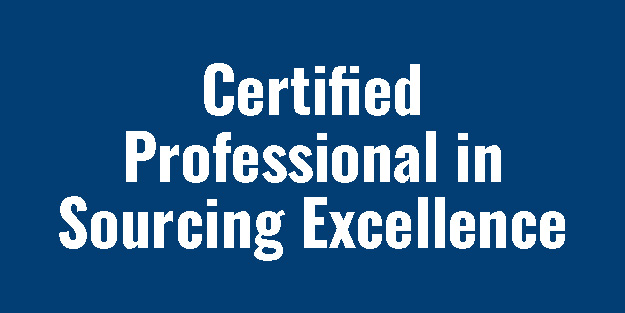
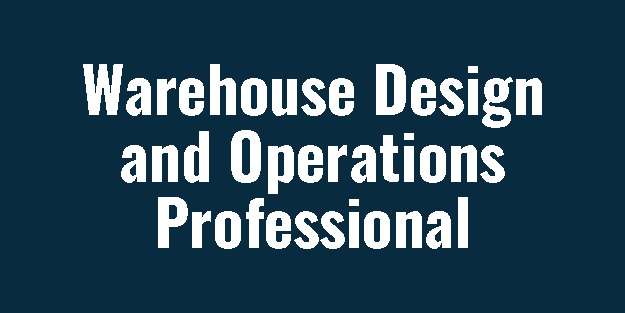
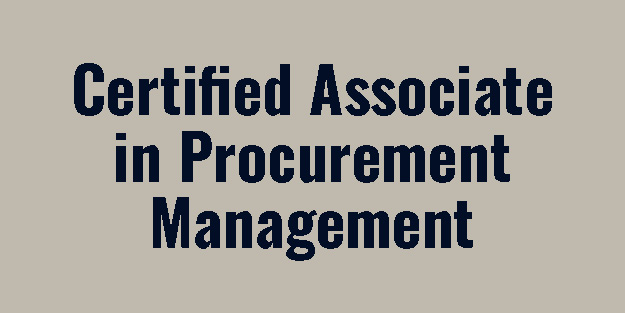
.jpg)
.jpg)
.jpg)
.jpg)
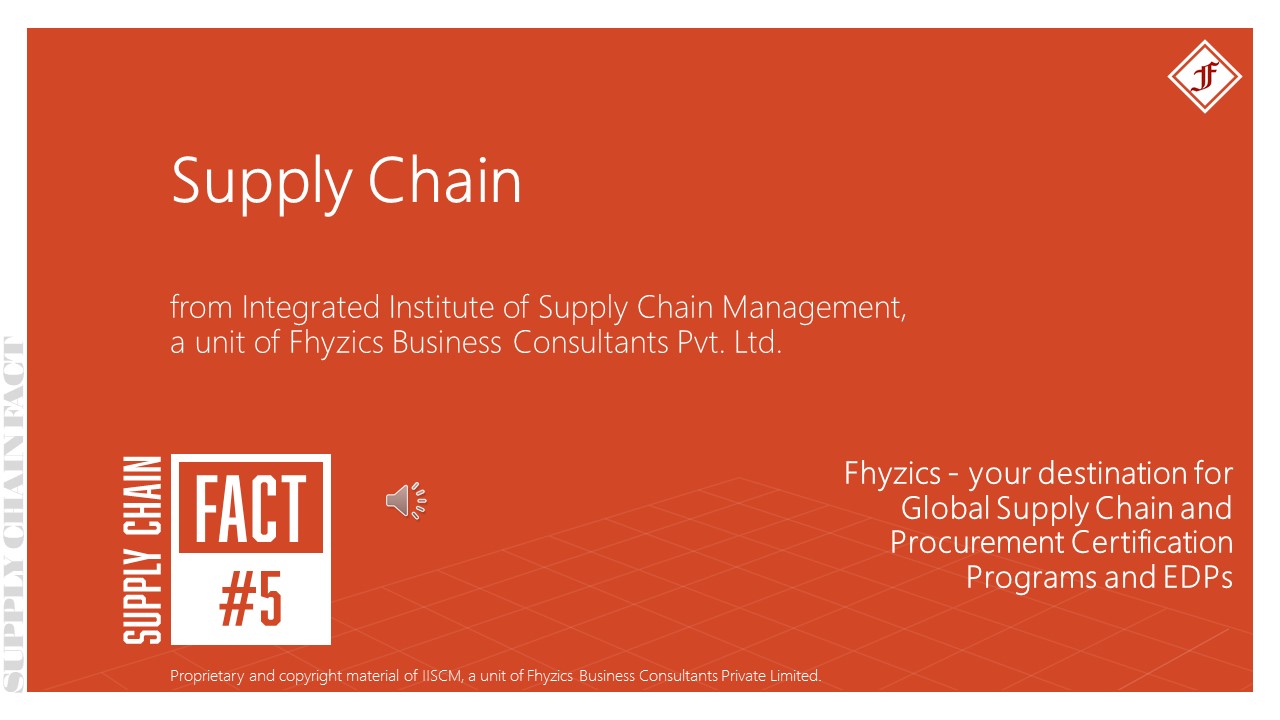
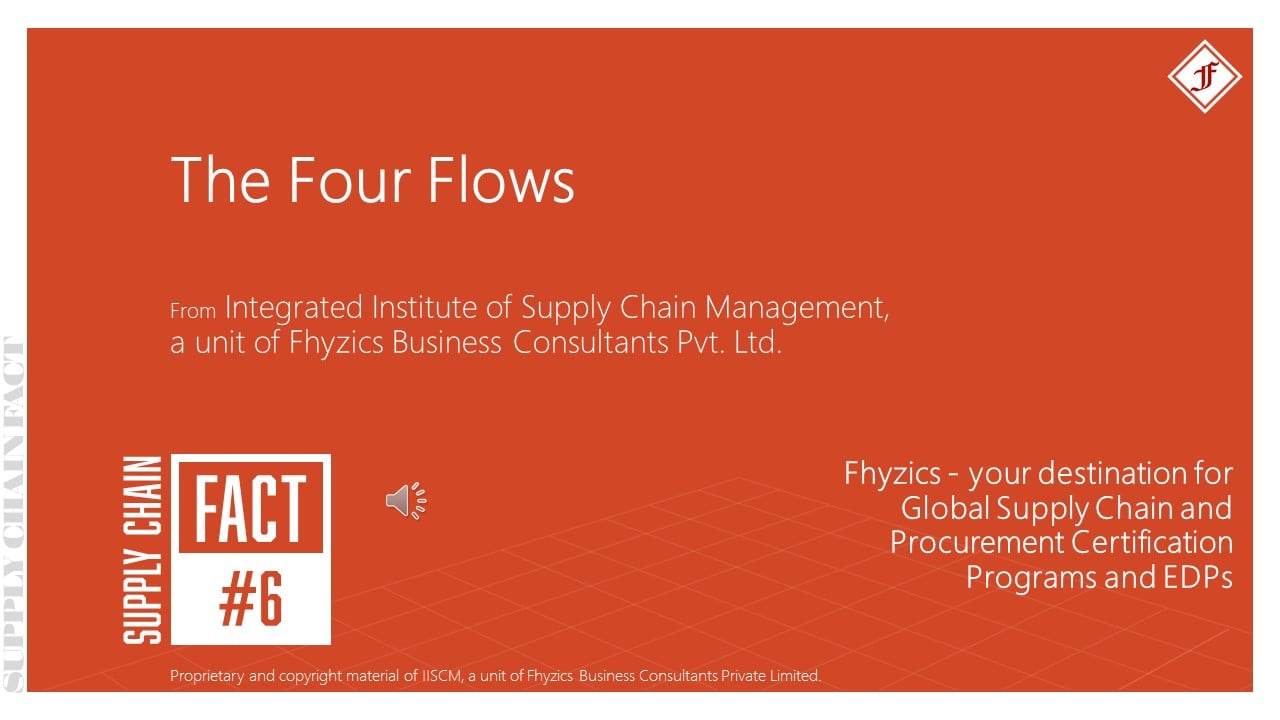
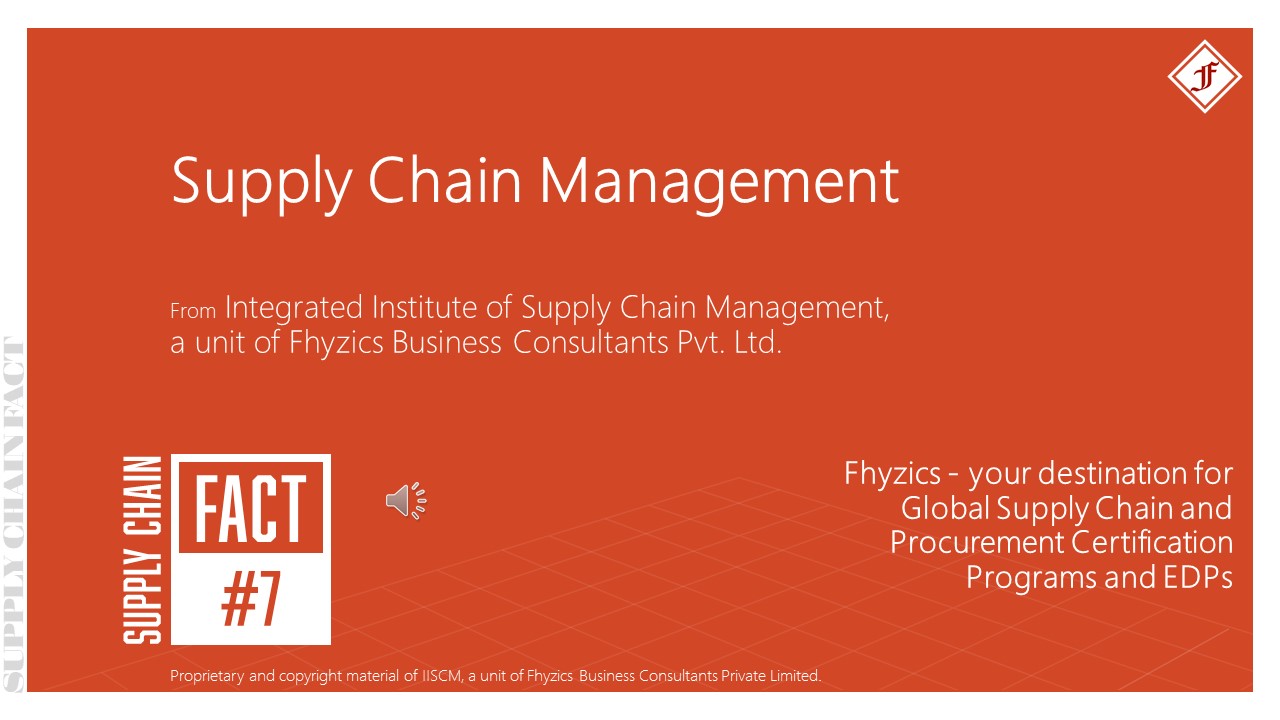
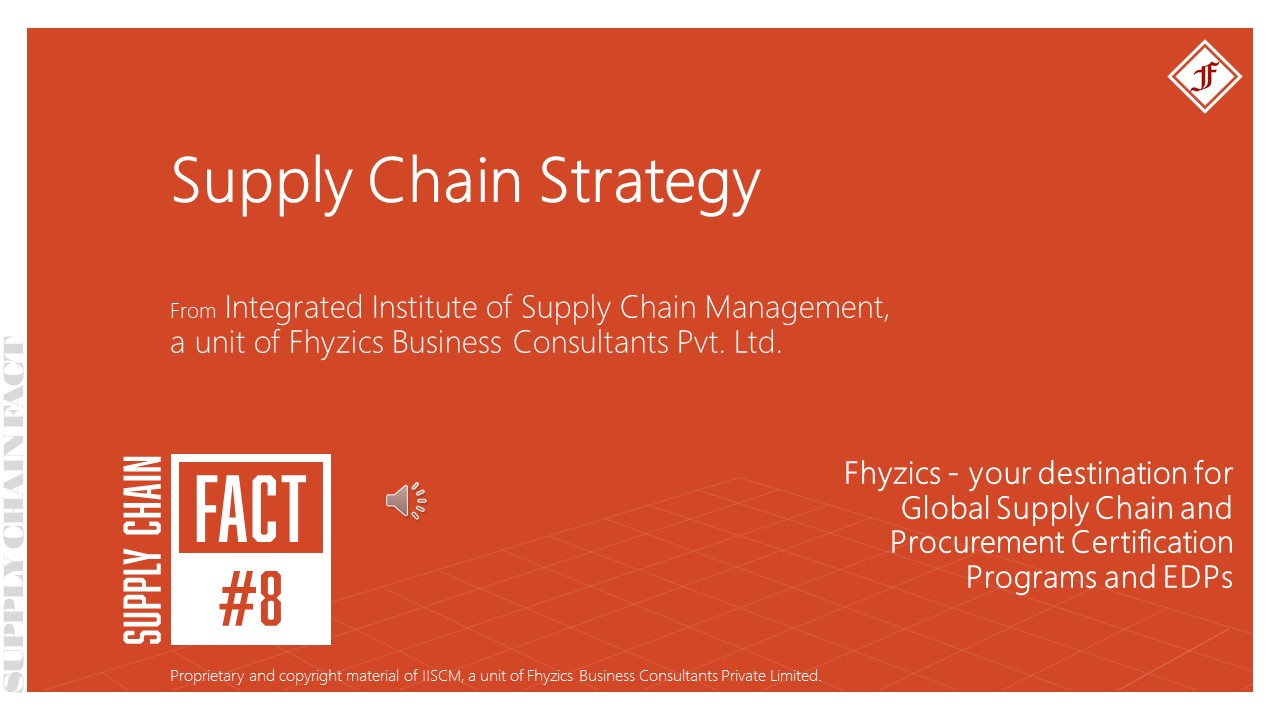
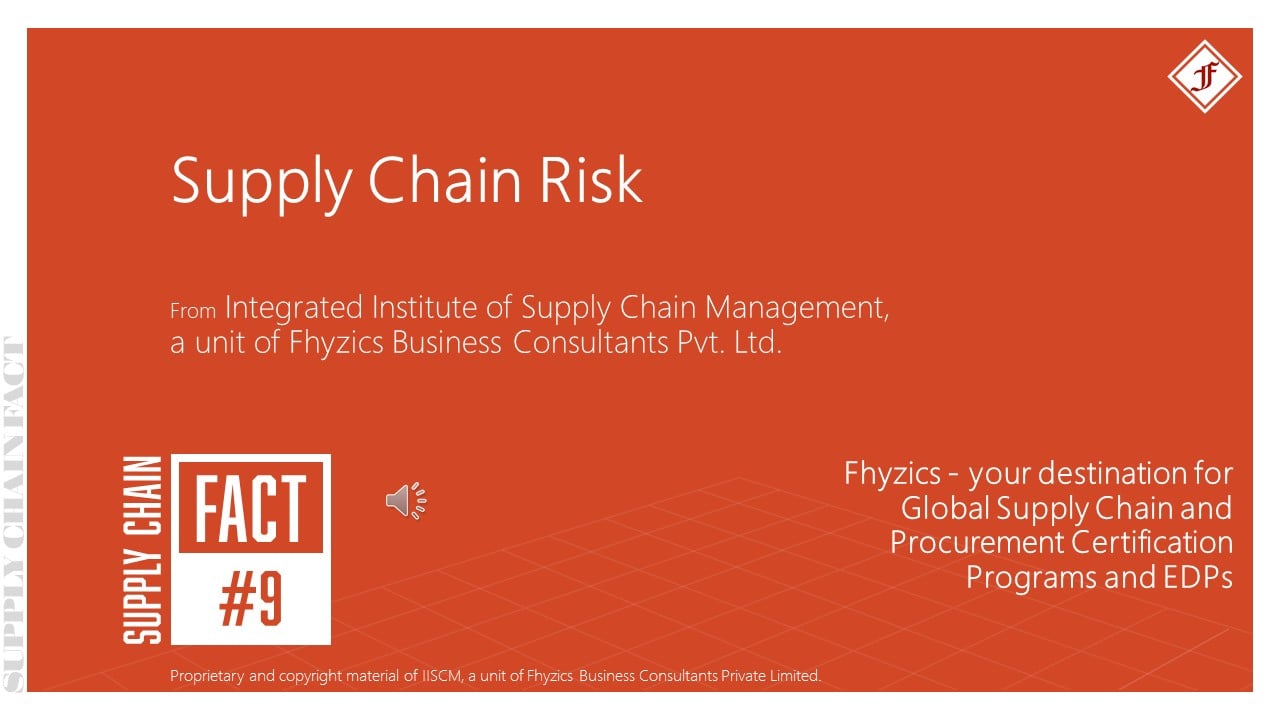
.jpg)
